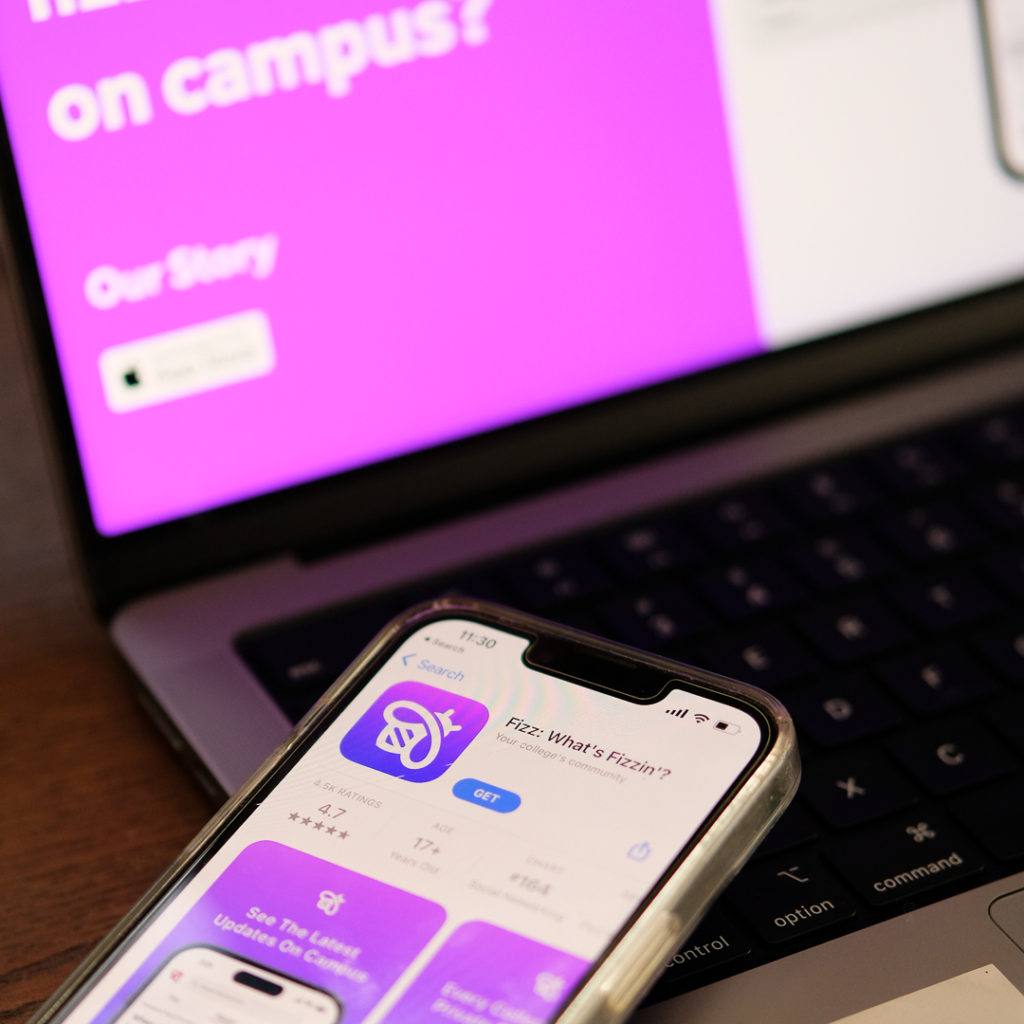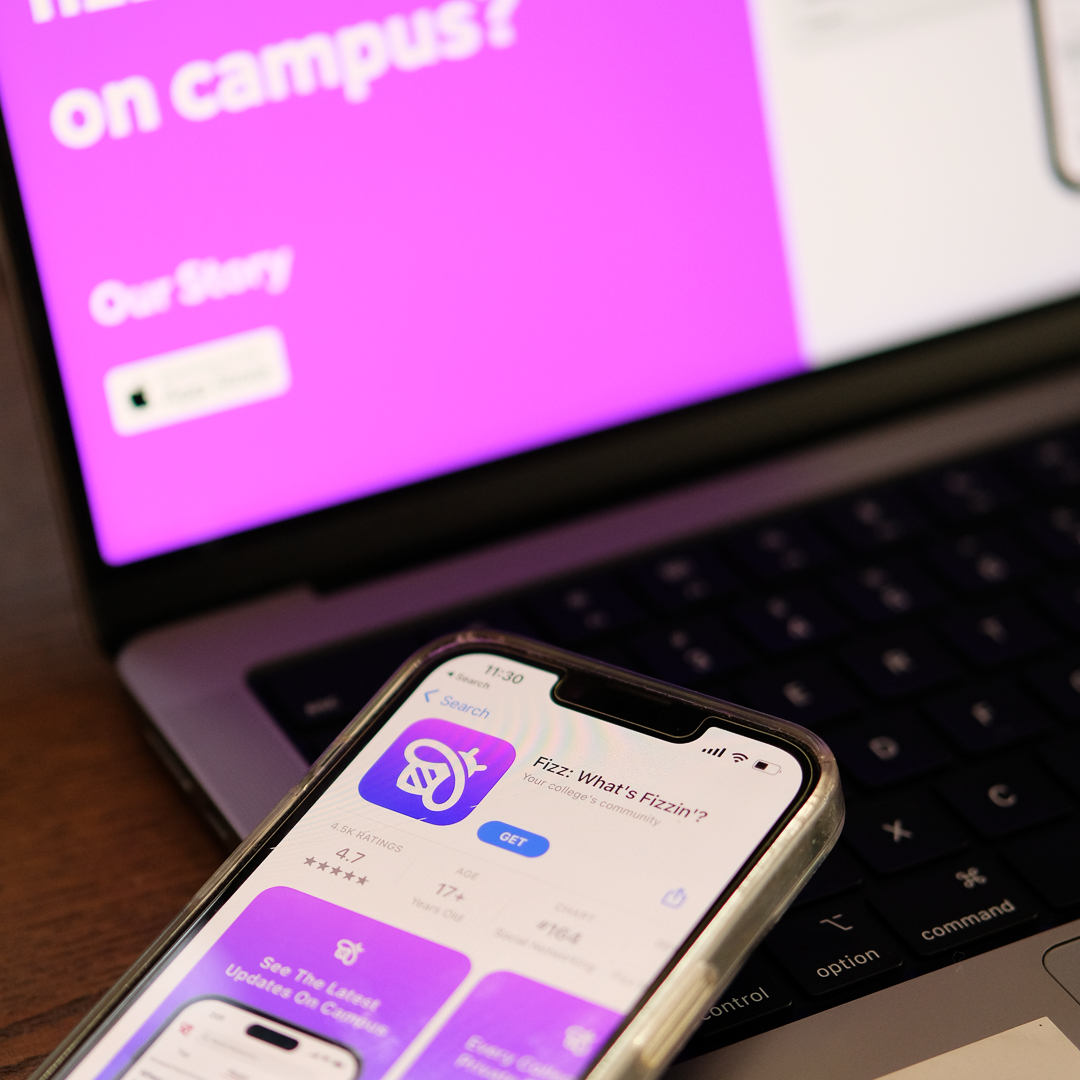Social media is incredibly far-reaching in our society. The origins of mass social media exist partially in Facebook, which was originally created just for Harvard students and its alumni. While Facebook is now a global site, the idea of social media designated for a college campus has come back in the form of an app called “Fizz.”

Fizz is a fully anonymous social media platform. Only those with an email registered with the certain school’s domain can access that school’s server. What a Stevens student posts on Fizz will only be seen by other Stevens students. Everything posted is seen on everyone else’s feed, unlike Instagram or Facebook, where you generally see a curated collection of people you follow. Instead of likes, there is “karma,” a feedback system originally used by Reddit. Karma allows Fizzers to either like or dislike a post; Posts with higher karma get seen by more people, and there are leaderboards for who has the most Karma. The intention is to allow students to share their honest thoughts, and have a good laugh in an open forum with their peers.
There are, however, some issues. The anonymity of the site has created issues with students sharing offensive posts and comments that target other community members. According to an email sent to Stevens students from Vice President of Student Affairs Sarah Klein, the school is deeply concerned by some of the posts on Fizz. These unacceptable posts include “allegations of sexual misconduct, hate speech against members of our community, and individuals and organizations being identified and spoken about in very hurtful and offensive ways.”
This raises an interesting parallel to most social networking. Social media touches every part of our lives, and it has fundamentally changed how humans interact with each other. On the one hand, humans are more connected than ever, with information racing around the globe at a scale never before seen together, and a new universal internet culture has formed. On the other hand, social media has a lot of drawbacks. It emphasizes fakeness, breeds disinformation, and the anonymity the internet offers leads us to be far more cruel and mean online.
In the real world, most limits on what people can and can’t say on social media are based on the developers and administrators of the app, not the government. In this case, however, the Stevens Administration has no control over what people say on the app, and no way to punish the people who cross the line; And although the Fizz development team has community guidelines against hate speech, sexual harassment, and bullying, there appear to be insufficient measures to regulate these violations if they are becoming big enough to be picked up by the Stevens Adminstration. In the same vein, we can find truly terrible things on social media apps like Facebook, Instagram, and Reddit.
This raises the question: Are we willing to allow bad things to happen on social media—on apps like Fizz—in order for the vast majority of us to have a good time with it, or is it better to shut the whole thing down? Fizz may be more likely to have bad things be posted on it because of the anonymity of the site, but at the end of the day, it is social media in the same vein as all of us have on our phones. While Fizz is likely not going to go away anytime soon, as the student body seems to really enjoy it, students should remember to never cross a line you wouldn’t cross in person.
